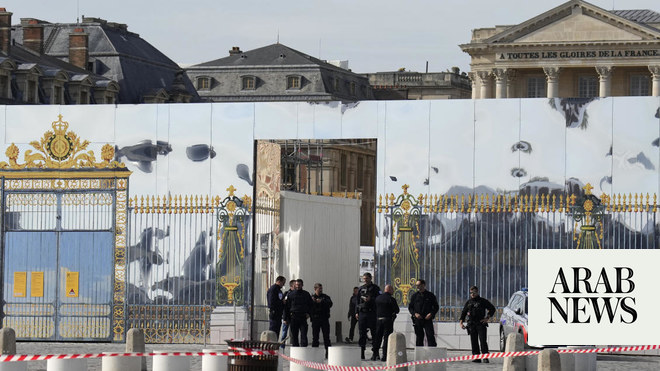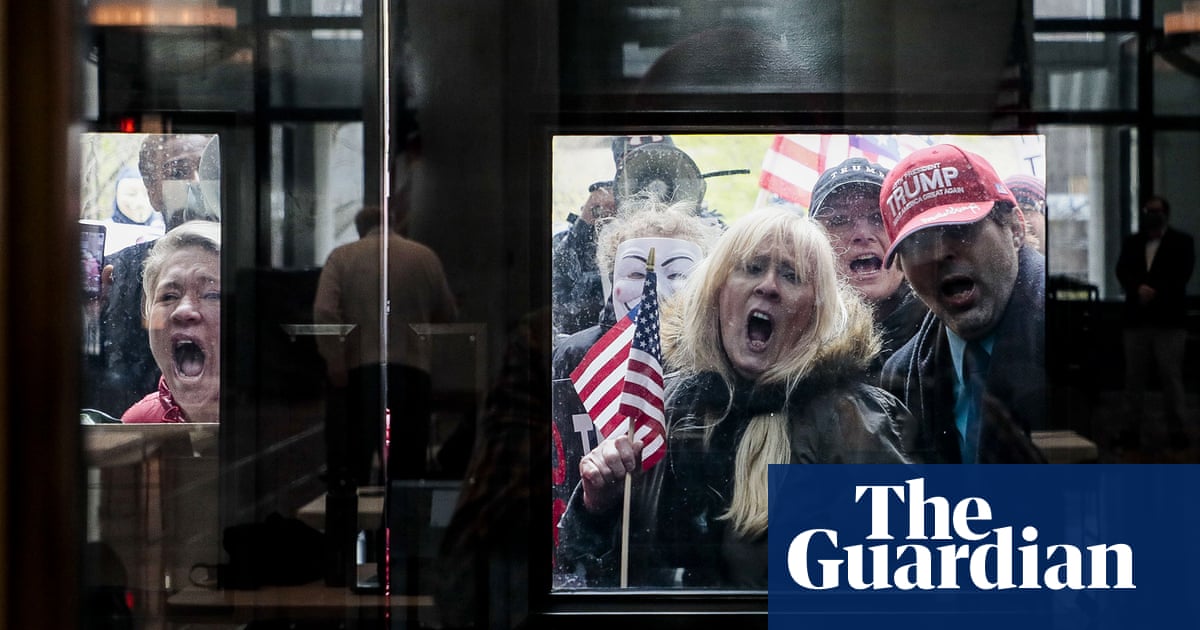
The Kurdish residents of Syria’s Qamishli city have been left with mixed feelings as they confront constant Turkish threats to launch a military operation east of the Euphrates and as they are met the regime’s announcement that it was open to dialogue with the Kurds.
Many fear the repercussions of a Turkish offensive, which could be similar to the Afrin assault of 2018, while others are skeptical of holding talks with the regime. Others meanwhile, believe that the US troop withdrawal from Syria will redraw battlefronts in the area.
The Movement for a Democratic Society, one of the most prominent political groups calling for Kurdish autonomy in northeastern Syria, welcomed the Syrian foreign ministry’s proposal for dialogue, saying it would seek a political agreement with Damascus.
One of the leaders of the Movement, Gharib Hisso explained to Asharq Al-Awsat that the Kurds had during the summer of 2018 approached negotiations with the regime without preconditions.
“We managed to preserve Syria’s territorial integrity and we performed our national duty in combating terrorism and resisting Turkish occupation and threats,” he remarked.
He added that the Kurds support the political solution and were serious about dialogue, on condition that the structure of the autonomous rule in the northeast be preserved.
Should an agreement be reached between the Kurds and Damascus, then the Syrian Democratic Forces (SDF) will become part of the military and it will become involved in operations in other regions, such as Idlib, Hama and the Aleppo countryside, he stated.
In Qamishli market, a local watches the news on his smartphone.
“We have made sacrifices in the fight against extremists groups, such as ISIS and al-Nusra Front, and we defeated them. We protected the region and here we are standing idly by as the world and the US abandon us,” he lamented.
US President Donald Trump’s announcement in December that he was going to withdraw American troops from Syria has raised concerns over the fate of Kurdish fighters who have backed Washington in its fight against ISIS. Turkey has repeatedly said that it would eliminate any terrorist threat near its border. It views the fighters, namely the People’s Protection Units (YPG), as terrorist. The group acts as the military backbone of the US-supported SDF.
Trump’s announcement created a shock among Kurds, but not the Syrian Democratic Union Party, one of the most prominent political parties that manage the eastern Euphrates regions.
Co-chair of the party Shahoz Hassan remarked that Trump had repeatedly spoken about withdrawing his troops.
“It was the timing that surprised us,” he revealed.
He noted that based on American official statements, Washington’s agenda in Syria aimed at eliminating ISIS, curbing Iran’s role in the country and reaching a political settlement.
“None of these things have happened. They have only increased Turkish threats to launch an attack against regions that have been liberated from ISIS by the SDF and international coalition,” he said.
“Trump’s decision has reshuffled the cards for all influential players in Syria,” he added.
Reactions among Qamishli locals have varied over the rapid development of events in the region.
Some did not hide their fear over the return of the regime’s security apparatus, while others believe that the war will be catastrophic on all sides.
One local said that the experiences in Afrin, Idlib and the Aleppo countryside have proven that war is futile.
“Everyone must search for solutions to get rid of the shadow of war,” he stressed.
Susanna, 27, a college student, noted that several of the city’s residents are wanted by the regime. They fear that leaving Qamishli will lead to persecution or mandatory military enlistment over their opposition activism.
“What will be their fate?” she wondered.
Hassan tried to appease these fears, by explaining that negotiations with the regime will be accompanied with international guarantees.
“This means that neither the regime nor its security agencies will not return to the area,” he stressed.












